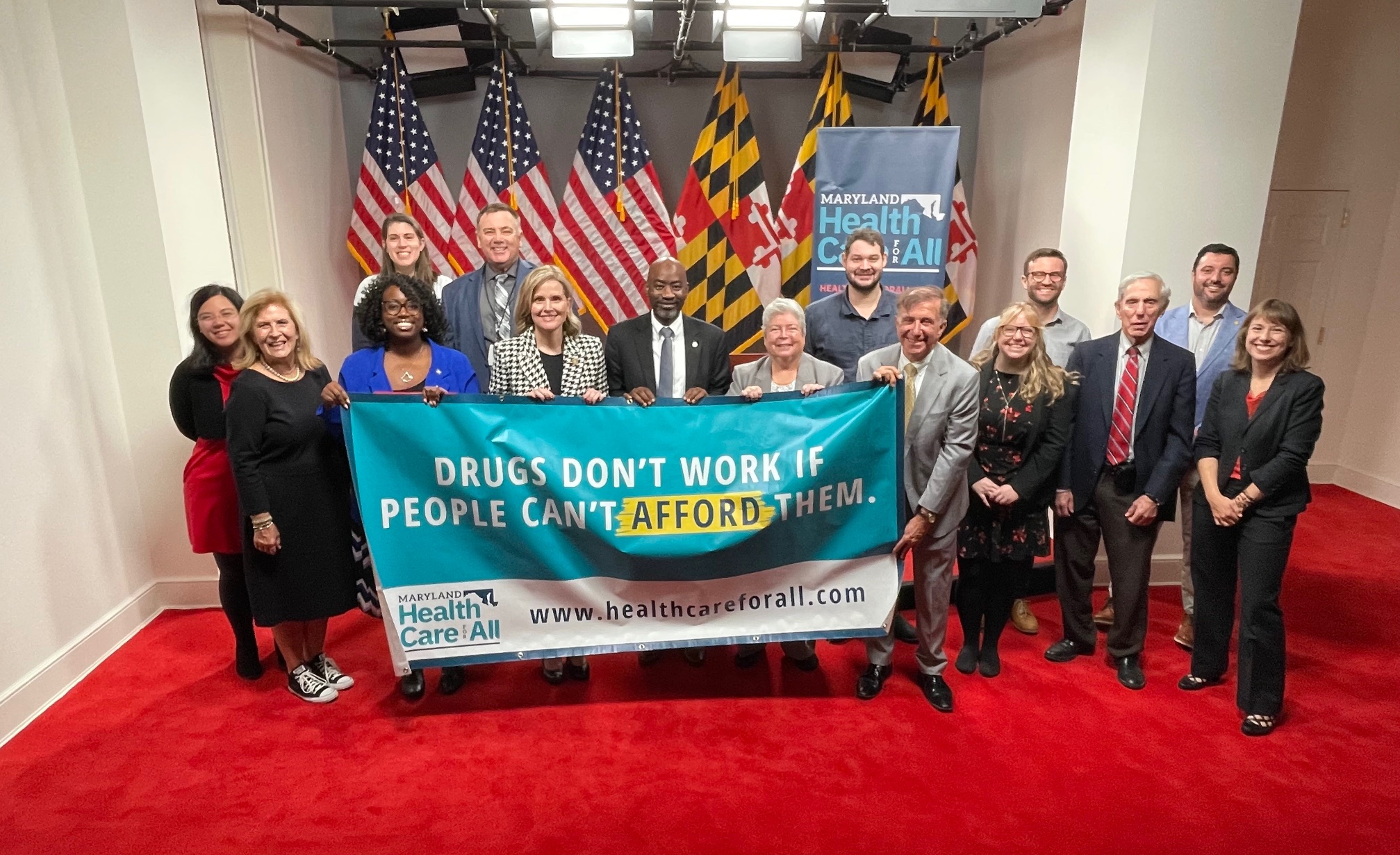Wall Street Journal
Peter Loftus
May 17, 2017
Amid increasing calls for curbs on U.S. drug pricing, some of the most aggressive legislative action is happening at the state level—and industry lobbyists are fanning out to fight back.
Lawmakers have introduced bills in about 30 state legislatures this year, seeking to regulate drug prices; require manufacturers to justify price increases; or to form purchasing groups with other states to negotiate lower prices, according to the National Academy for State Health Policy, a nonprofit policy group that has drafted model drug-pricing bills for state use. The group’s funders include health insurers and the Laura and John Arnold Foundation, a nonprofit that supports making drugs more affordable.
State lawmakers say high drug prices are hurting consumers and straining state budgets for Medicaid, public-employee health insurance, and inmate health care. Many of the bills have been introduced by Democratic lawmakers, but some have been proposed by Republicans, such as one in Alabama that would create a state board to negotiate drug price discounts.
“There’s outrage, and people are expecting us to do something about it,” said Rob Nosse, a Democratic state representative in Oregon spearheading a price-regulation bill the pharmaceutical industry views as one of the biggest threats.
Drugmakers oppose most of the bills, and have deployed officials and lobbyists to testify at legislative hearings and run advertising campaigns. The industry’s biggest lobbying group, Pharmaceutical Research and Manufacturers of America, says it is “beefing up resources” to combat the state legislation.
In an interview, Eli Lilly & Co. Chief Executive David Ricks called many of the state bills “totally wrongheaded. The more price controls we have, there is evidence you’ll have market distortions.” Indianapolis-based Lilly has been criticized in recent months for boosting the list price of insulin. Its top insulin seller, Humalog, has more than doubled in price since 2011. The company says net prices of its drugs after rebates and discounts to customers haven’t risen as high as list prices.
The industry fought hard against state drug-price bills in 2015 and 2016—and was mostly victorious. Several states considered bills requiring drugmakers to disclose their research and other costs to justify price increases, but only Vermont enacted one last year.
In November, California voters rejected a ballot proposal to require state agencies to pay no more for prescription drugs than what the U.S. Department of Veterans Affairs pays; the VA gets one of the steepest discounts in the country. The drug industry spent more than $100 million on advertising attacking the initiative.
The losses haven’t stopped new bills from advancing. Maryland’s legislature in April approved a bill that would allow the state attorney general to sue manufacturers of generic drugs for price increases deemed to be excessive; the governor is reviewing it, a spokeswoman said. A bill in Nevada would require manufacturers of certain diabetes treatments to disclose annually the cost of research and manufacturing of the drugs.
Ohio voters are scheduled to vote Nov. 7 on a ballot proposal that would require state agencies to pay no more than the VA—a proposal similar to the failed California initiative. A group called Ohioans for Fair Drug Prices, which has received funding from the AIDS Healthcare Foundation, proposed the law and gathered enough citizen signatures to put the measure on the ballot.
PhRMA opposes the Ohio measure, and last year with other business organizations filed a lawsuit contesting the validity of citizens’ signatures, but the Ohio secretary of state later ruled there were enough signatures for the ballot measure to proceed. PhRMA is part of a coalition, Ohioans Against the Deceptive Rx Issue, that plans to run advertisements against the bill, a group spokeswoman said.
One of the more far-reaching state bills is under discussion in Oregon. The bill, introduced by state Rep. Nosse, would cap patients’ out-of-pocket costs for medicine at $100 or $200 a month depending on the type of insurance plan. It would also require drugmakers to pay rebates to the state if a drug’s price exceeds the median of the five highest prices charged in countries that are members of the Organization of for Economic Cooperation and Development, such as the U.K., France and Germany—countries where prices are typically lower than in the U.S.
The state would provide the rebate money to health insurers to help offset the bill’s caps on patients’ out-of-pocket drug costs, Mr. Nosse said. The bill applies to certain private health insurers, third-party insurance plan administrators, and health plans for certain public employees. It doesn’t apply to employer-sponsored plans that are subject to federal regulations.
An Oregon House committee approved the bill in April, sending it to another committee whose vote is pending.
Drugmakers have blasted the bill in legislative hearings. “I am concerned that this bill will stifle innovation,” Sandra Shotwell, CEO of DesignMedix, an Oregon developer of drugs for infectious diseases, testified at a committee hearing in March. A PhRMA representative, Tara Ryan, told the hearing the bill would “create disincentives for companies to develop new medicines.”
A Washington-based nonprofit called Caregiver Voices United has run ads opposing the bill in Oregon newspapers, including one calling the bill a “big insurance bailout.” Caregiver Voices United has received funding from drug companies, according to its president, John Schall. He said the companies don’t control the nonprofit’s messages.
Last modified: May 17, 2017




